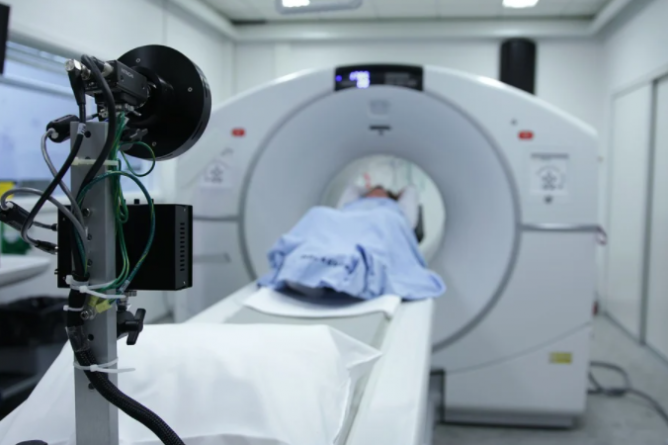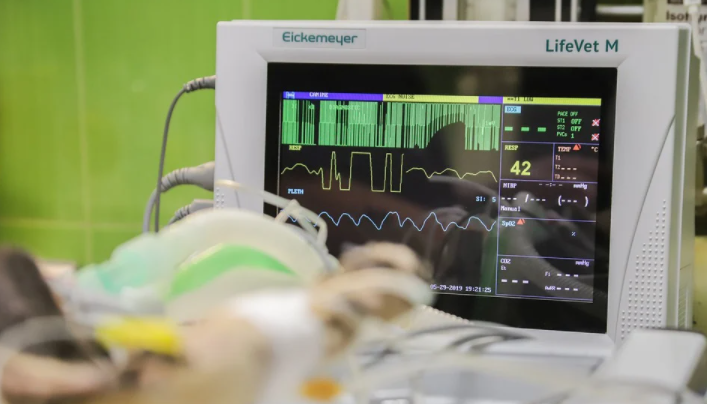Hip replacement operation is the method of replacing damaged bone and cartilage in the hip joint with improvement through surgical procedures. The most prevalent type of arthritis contributing to entire hip replacement is rheumatoid arthritis because of medical mistakes or the patients’ faulty manner. Therefore, read the following several critical points on hip implants that you need to know.

Recovery Process and Time
After undergoing hip surgery, sufferers are expected to recover to their routine in two months, with particular conditions. Patients can expect their performance to be much the same as before, but probably without discomfort or pain. To achieve a satisfactory outcome, patients are advised to adhere to prescribed medications and exercises strictly. Those who have had hip surgery can perform virtually all tasks as before, but the problem is that they must be done differently. Patients should not engage in tedious or strenuous activities. Hip replacement is an extensive operation, and sufferers must undergo it effortlessly for the first two or three days.
Necessary Precautions
Patients must also take the required precautions to stop blood loss in their legs. It is quite challenging to predict the level of pain after a hip surgery. Occasionally, the person may feel a strange pain, while sometimes there is almost no pain at all. Therefore, patients must deal with their pain in a satisfactory manner. Patients are given painkillers and intravenous medications for a few days. Even when sufferers are lying in bed, they are encouraged to kick their feet to ensure that enough blood flows from their thighs.
Critical Treatments

Sufferers may stay in the hospital for two to four days, depending on the healing process. Patients may remain in the hospital for two to four days. Someone may also provide exceptional services that can easily be practiced at home. After being discharged from the hospital, patients may need a caregiver to walk and move around. It is crucial to keep the house clean. Bacterial diseases must be stopped, and this is also possible by choosing the right diet and medications. Patients are usually asked to follow a typical diet for the first few days after surgery.
Intensive Therapies
The hip surgeon may require patients to come to the polyclinic at least once a year for hip replacement monitoring. These treatments are essential to supervise the hip of patients to avoid any potential or unexpected issues. Sometimes the patients obey this attention since they consider themself have recovered from the ailments. Those undergoing hip surgery may have less pain than those who had it before a hip operation.…






 AI and e-health bring many benefits such as preventing diseases, reducing healthcare costs, adapting medications to your needs, and controlling chronic conditions. Along with the current growing healthcare disaster, e-Health and telemedicine are being targeted to get COVID care. Due to the threat of the disease, patients are discovering telemedicine as a safe and essential tool. The international spread of COVID disease has changed patient behavior. Associations are now considered disease areas. Patients are reluctant to consult physicians and are actively seeking electronic support.
AI and e-health bring many benefits such as preventing diseases, reducing healthcare costs, adapting medications to your needs, and controlling chronic conditions. Along with the current growing healthcare disaster, e-Health and telemedicine are being targeted to get COVID care. Due to the threat of the disease, patients are discovering telemedicine as a safe and essential tool. The international spread of COVID disease has changed patient behavior. Associations are now considered disease areas. Patients are reluctant to consult physicians and are actively seeking electronic support.
 In this particular research, 156 men with diabetes were reported. The 156 men who participated in the research were divided into courses that fit as closely as possible regarding demographics, age, etc. So, the average score indicated that there was a significant number of erection problems. Each of the men received
In this particular research, 156 men with diabetes were reported. The 156 men who participated in the research were divided into courses that fit as closely as possible regarding demographics, age, etc. So, the average score indicated that there was a significant number of erection problems. Each of the men received  Men should continue to routinely use a higher quality penis health oil (professionals strongly recommend Person 1’s oil, which could be clinically proven to be gentle and safe for skincare). Additionally, the oil should consist of arginine, an amino acid that helps promote blood flow to the penis. Many men wonder if taking medication will completely solve their erection problems. And treatment for erectile dysfunction has become easier with the advent of drug therapy introduced by Pfizer Viagra. There are many erectile dysfunction treatment pills available in the market, such as Levitra and Cialis. These drugs can be easily purchased from online pharmacies.
Men should continue to routinely use a higher quality penis health oil (professionals strongly recommend Person 1’s oil, which could be clinically proven to be gentle and safe for skincare). Additionally, the oil should consist of arginine, an amino acid that helps promote blood flow to the penis. Many men wonder if taking medication will completely solve their erection problems. And treatment for erectile dysfunction has become easier with the advent of drug therapy introduced by Pfizer Viagra. There are many erectile dysfunction treatment pills available in the market, such as Levitra and Cialis. These drugs can be easily purchased from online pharmacies.
 It is essential to understand your branch’s criteria to make sure you are prepared for basic training when the time comes. The Navy does not expect you to compete at the gym level, but you will train six days a week to meet the requirements. The thing to remember about basic training is the simple fact that it should help you succeed in the military. I’ve included links below to the basics of the various branches of the U.S. military.
It is essential to understand your branch’s criteria to make sure you are prepared for basic training when the time comes. The Navy does not expect you to compete at the gym level, but you will train six days a week to meet the requirements. The thing to remember about basic training is the simple fact that it should help you succeed in the military. I’ve included links below to the basics of the various branches of the U.S. military. Stress was my first consideration. But anxiety is not necessarily appropriate. My nervousness quickly faded as I discovered that I wasn’t as out of shape as I thought, and I began to lose interest in my training. It was easier to become lethargic and “do it.” I discovered that watching pictures from the gym helped; I looked at many girls’ images with six-pack abs and envisioned what I would seem like if I had some. I took long pictures of my entire body and tracked my progress to decrease waist circumference and the amount of fat I lost. Find out what motivates you and use it to keep working towards your exercise goals.
Stress was my first consideration. But anxiety is not necessarily appropriate. My nervousness quickly faded as I discovered that I wasn’t as out of shape as I thought, and I began to lose interest in my training. It was easier to become lethargic and “do it.” I discovered that watching pictures from the gym helped; I looked at many girls’ images with six-pack abs and envisioned what I would seem like if I had some. I took long pictures of my entire body and tracked my progress to decrease waist circumference and the amount of fat I lost. Find out what motivates you and use it to keep working towards your exercise goals.